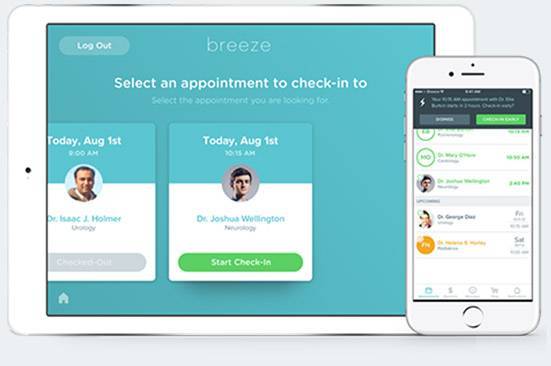A doctor who usually looks after you is the Primary Care Physician (PCP). He is your first point of contact when a non-emergency health issue or medical need warrants attention. Primary Care Physicians are often doctors. However, designated nurses and physician assistants can also provide primary care under special circumstances. A Primary Care Physician might be called a general practitioner if you live outside the United States.
What does a Primary Care Physician do?
Your Primary Care Physician (PCP) plays a pivotal role in your overall health, often becoming a trusted partner in your long-term well-being. They are not just a healthcare provider; they are your first point of contact for all your medical needs, ensuring continuity and consistency in the care you receive. Here’s how they support your health journey:
- Preventive Care and Health Maintenance:
Your PCP understands that people need to remain healthy; therefore the doctor can perform routine examinations like annual physical examinations, order normal blood tests. Such measures assist in early detection of symptoms of diseases that may be severe when they have been left unnoticed.
- Health Education and Lifestyle Counseling:
One of the ways your PCP can assist you is by giving you advice on the ways you can lead a healthier life. They can give you information regarding your diet, physical activities, stress, and habit of avoiding such unhealthy things like smoking.
- Coordination of Specialist Care:
Be aware that your PCP will refer you to the right specialist when ever the health complication needs specialized attention like a cardiologist or an orthopedic surgeon. These will also be in a position to arrange with these specialist to ensure that your care plan is well coordinated and integrated.
- Personalized Care and Long-Term Support:
After some time, a PCP will become well acquainted with the client’s health status, values, and needs. This relationship allows them to give you individual care depending on the kind retirement that you want to receive, so as to get the best care for the rest of your life.
What can a Primary Care Physician do at Checkups?
Things that are part of your medical history and daily life also affect your total health. A PCP takes those things into account and then:
- Offers guidance to make healthy choices to escape sickness. For instance, your PCP can assist with quitting smoking, consume healthier meals, or handle stress.
- Ensures that the vaccines you use and up-to-date.
- Recommends screening for early detection of health issues such as, breast cancer.
- Treats emerging health problems such as a rashes or infection).
How can a Primary Care Physician Help me?
Your PCP keeps active patient attention towards the patients’ health requirements at all phases of life. They can recognize the situations that require the specialized attention, perhaps a surgery or a consultation with other doctor. Choosing of the right PCP is very important because this person will be your major link to the health care system as he or she will refer you to other specialists and help you throughout your health care journey.
When choosing a PCP, consider several factors: the kind of doctor required, where he/she is located, when he/she can see the patient and other factors including the gender or language of the doctor. Also, consider whether there are any special requirements about the qualification or experience of the teacher that is relevant to you. It is advisable to take your time and ensure that you find the right provider, so that the provider and you can have a good working understanding with each other when the times comes that you both will need each other for your health care needs.
What You Should Expect When You See Your Primary Care Physician?
During the first appointment, there is usually spending most of the time discussing to ensure that the first doctor gains good understanding of your general health. He will examine your clinical records and clinical history, your personal and familial pathological history, and do an ordinary check up.
Before your visits to PCP, it is advisable to make a list of questions, issues or the symptoms you may wish to address to your doctor. This will assist you in getting the best out of your time that you have with the doctor.
Conclusion
Being that you have to select a PCP for your overall physical well-being, is convenient. It is worth to mention that PCP is trained to prevent, diagnose, and treat almost any health condition that a patient might have. Because PCPs build their practice from one appointment to another, they learn all of their patient’s ‘in, out, and around’ details so can address their patients’ needs as individuals. This personalized approach ensures that your healthcare journey is not just effective but truly aligned with your life.




